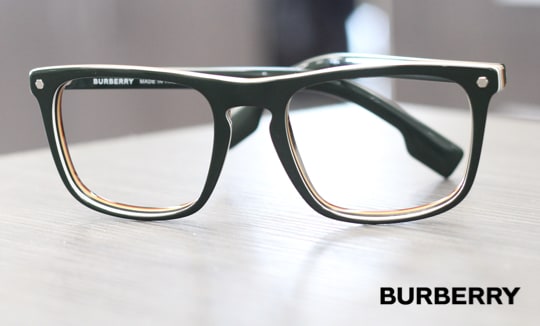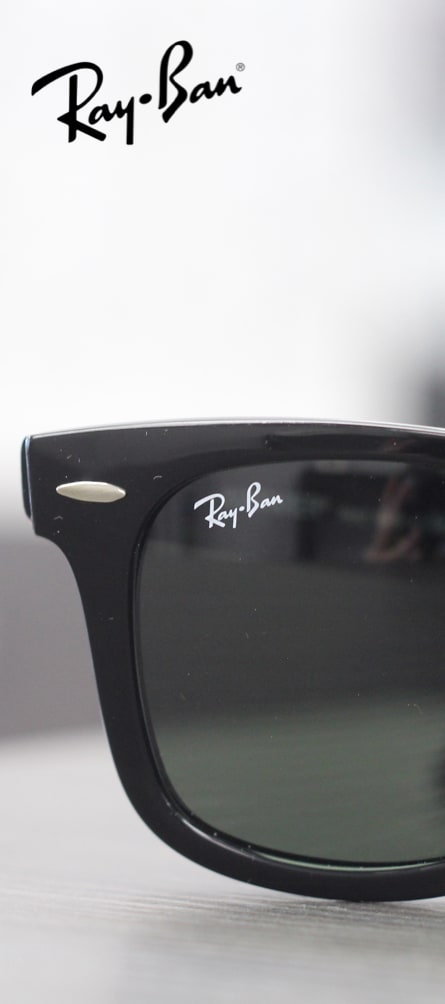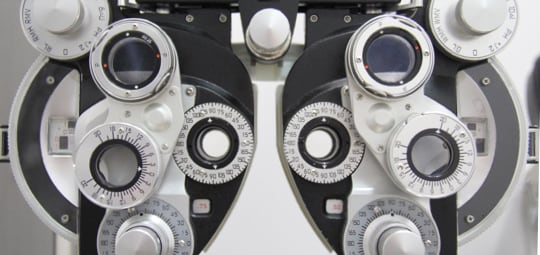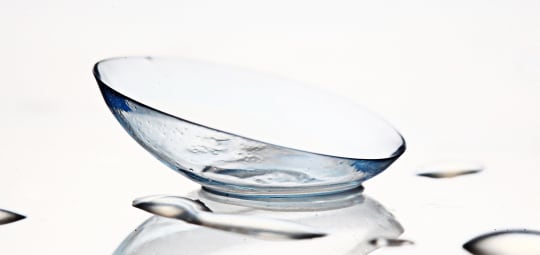Do You Have Dry Eyes?
If you have stinging, burning, red, or itchy eyes, it may signify that you have dry eye disease. If so, dry eye therapy can make your eyes more comfortable, so you can get back to living well.
Dry eye disease can affect everyone differently. For some, dry eyes cause temporary symptoms that can be mildly irritating, but for others, symptoms can damage the eyes and affect their daily lives.
We can help you find relief with ZEST, intense pulsed light (IPL) therapy, LipiFlow, radiofrequency (RF), and more. Our certified ocular hygienists specialize in eye health and hygiene and are expertly trained to administer these effective treatments.
They work closely with you to tailor a personalized treatment plan and prioritize your long-lasting comfort. Book an appointment today to find relief from your dry eye symptoms.
Zest in-office Dry Eye Treatment
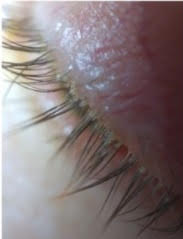
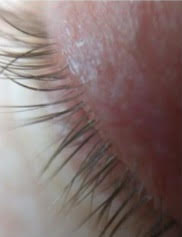
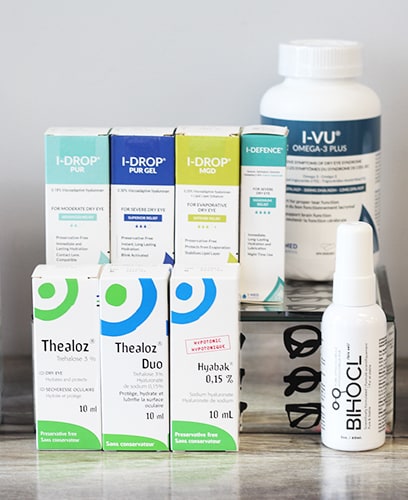
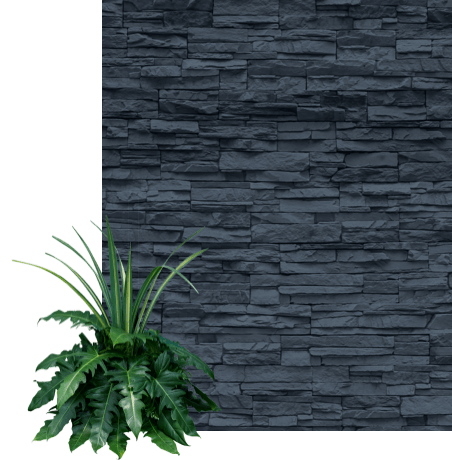
What Is Dry Eye Disease?
Simply put, dry eye disease occurs when there is an issue with your tears. Your tears are an essential part of your visual system, as they wash away dirt and debris and keep your eyes lubricated and nourished.
If your eyes do not produce enough tears, or if your tears do not have the proper composition, it can lead to dry eye disease.
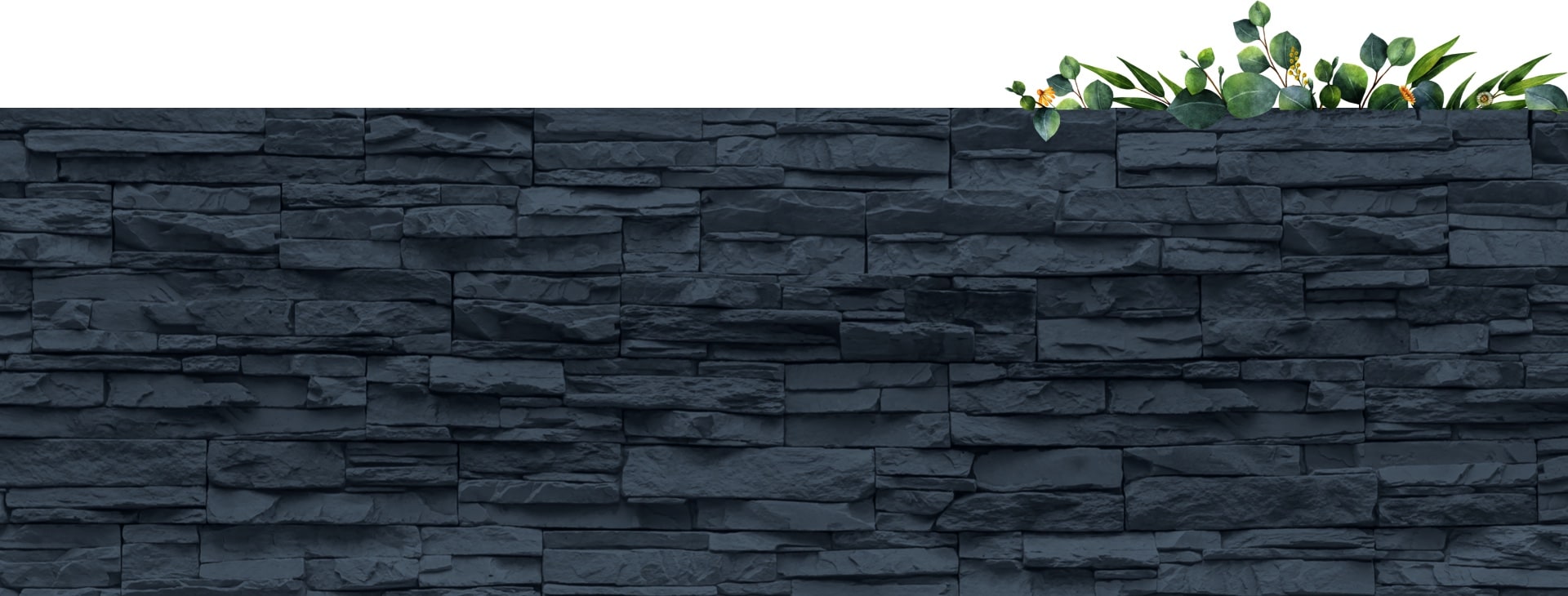
What Causes Dry Eye Disease?
There are many factors that can contribute to tear dysfunction, including hormone changes, disease, inflamed eyelid glands, or allergic reactions. Two types of dry eye disease exist—learn more about them here.
Decreased Tear Production
Dry eyes can occur when your eyes don’t produce enough tears. This type of dry eye disease is known as aqueous tear-deficient dry eye.
Common causes of decreased tear production include:
- Aging
- Medical conditions
- Certain medications
- Corneal nerve desensitivity
Increased Tear Evaporation
The other type of dry eye disease is evaporative dry eye, which occurs when there is an inadequate oily layer in your tears. The oily layer helps your tears adhere to the eye’s surface, so without it, the tears evaporate too quickly.
Common causes of increased tear evaporation include:
- Meibomian gland dysfunction
- Blinking less often
- Eyelid problems
- Eye allergies
- Preservatives in topical eye drops
- Wind, smoke or dry air
- Vitamin A deficiency
Dry Eye Therapy at Niagara Vision
At Niagara Vision, we use multiple technologies to diagnose and treat dry eye disease. During your appointment, we will perform an eye exam to better understand the cause of your dry eye so we can treat your symptoms effectively and efficiently.
Tear Breakup Analysis
We use a technology called the medmont topographer to noninvasively measure tear break up. These results help us determine which type of dry eye disease you are experiencing, guiding us to the correct treatment for you.
Drop Therapy
Drop therapy involves the use of eye drops to bring more moisture to your eyes. At Niagara Vision, we recommend both artificial tears, and prescription eye drops, depending on the degree of your dry eyes.
Eyelid Hygiene Therapy
Sometimes, dry eyes can be caused by oil buildup around the lashes or debris around the eyelids. To clean your eyelids and promote proper eye lubrication, we offer various treatments, including eyelid scrubs, eye masks, and eye compresses.
Omega-3 Supplements
Increasing the amount of omega-3 in your diet has been shown to reduce dry eye symptoms. This can be done by adjusting your diet or incorporating supplements into your routine. Omega-3 fatty acids can improve the eye’s oil film, which can keep your tears from evaporating too quickly.
Say Goodbye to Dry Eyes
Our team at Niagara Vision is ready to help you experience life without the irritating symptoms of dry eye.
Book an appointment today to find relief from dry eye disease!
Our Location
Niagara Vision is located in Optimist Park Plaza, just off Dorchester Road and Morrison Street. There is lots of parking available right in front of our practice!
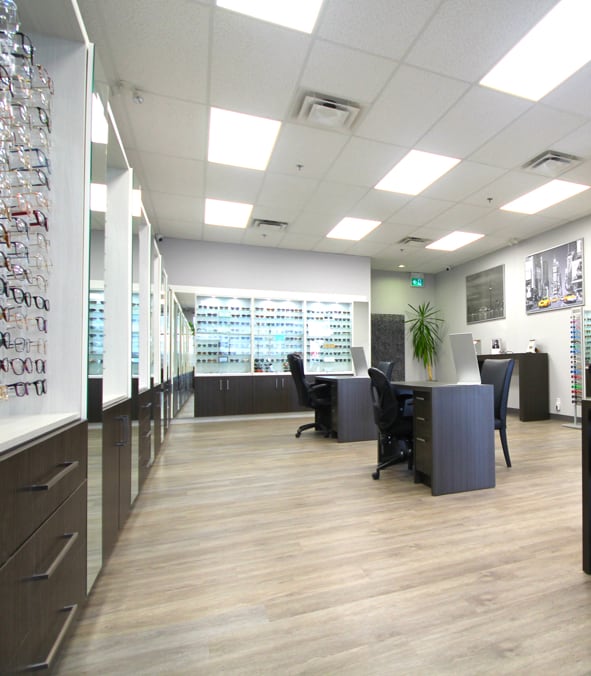
Our Address
- Unit B6, 4725 Dorchester Rd
- Niagara Falls, ON L2E 0A8
Contact Information
- Phone: 905-371-3937
- Email: [email protected]
Hours of Operation
- Monday: 9:00 AM – 5:00 PM
- Tuesday: 9:00 AM – 5:00 PM
- Wednesday: 9:00 AM – 6:00 PM
- Thursday: 9:00 AM – 6:00 PM
- Friday: 9:00 AM – 4:00 PM
- Saturday: Closed
- Sunday: Closed
Our Brands

